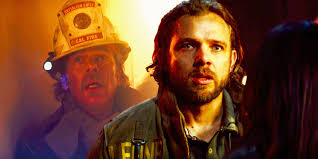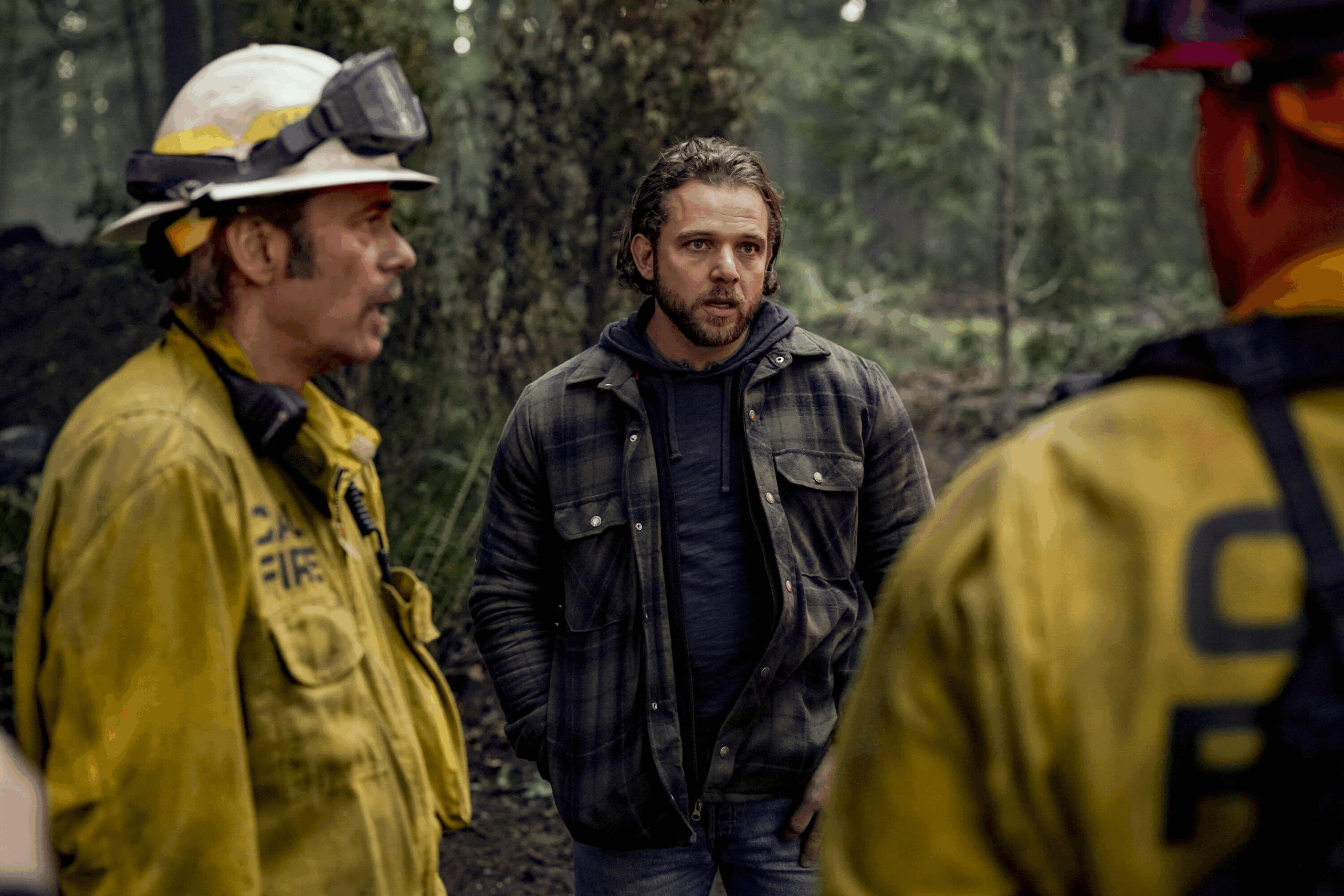
A Brotherhood Forged in Fire
In Fire Country, the act of battling blazes isn’t just about fighting fires—it’s about forging bonds. In an environment where lives depend on split-second decisions and absolute trust, team dynamics aren’t just background detail—they are the very heart of the show. From rookies to seasoned captains, Fire Country illustrates how mentorship and collaboration shape the growth and resilience of firefighters.
Unlike many workplace dramas that lean on individualism, this series recognizes firefighting as inherently communal. The show focuses on how crews train together, learn from one another, and face life-threatening dangers as a unified force, even when personal conflicts flare up off the clock.
Building the Team: From Misfits to a Functional Fire Family
At the start of the series, Fire Country introduces a group of individuals with different backgrounds, emotional wounds, and clashing values. Yet, through shared hardship and day-to-day operations, we see these “misfits” gradually become a team.
Bode Donovan, a former inmate, enters the fire camp system carrying not just physical baggage, but also deep emotional scars. Initially distrusted by some teammates and commanding officers, Bode earns respect not just through bravery, but through his willingness to learn, take accountability, and support others. His story becomes a lens through which we understand how teams are built—not from perfection, but from perseverance.
This arc echoes real-life dynamics in fire stations, where new recruits must prove themselves through both competence and camaraderie.
The Power of Mentorship: Leading by Example

Mentorship is more than teaching protocols or sharing experience; it’s about offering a moral compass in moments of doubt. Fire Country excels at showing the layered relationships between veteran firefighters and their younger counterparts.
Characters like Manny Perez, the captain overseeing the inmate firefighter crew, embody the role of mentor. He doesn’t just manage logistics—he mentors Bode and others by encouraging self-reflection, enforcing discipline, and sometimes making difficult choices for their long-term benefit.
Captain Vince Leone also serves as a classic example of a mentor tempered by time. His tough-love leadership contrasts with Sharon Leone’s more emotionally intuitive approach, and together they create a well-rounded mentorship culture that mirrors real-world leadership diversity in firehouses.
Trust, Conflict, and Redemption: The Tension that Tests Bonds
No team is perfect, and Fire Country doesn’t pretend otherwise. Trust is earned slowly and lost quickly. Whether it’s personal betrayals, breaches in safety protocol, or disagreements on strategy, the show uses internal conflict as a way to deepen character development and highlight the fragility of team unity.
But conflict isn’t just drama filler—it’s a catalyst for growth. Time and again, we see team members learning how to listen, confront one another respectfully, and put aside ego for the greater good. These moments illustrate a deep emotional realism that echoes firefighting in the real world, where strong personalities must often coexist under pressure.
Shared Trauma, Shared Healing
Firefighting is inherently traumatic. Witnessing tragedy, facing danger, and living with the consequences of failure create emotional wounds that can isolate individuals—or bring them closer. Fire Country understands that shared trauma can be a bonding agent, and it uses that to deepen the team dynamic.
Group counseling sessions, informal conversations around the campfire, and scenes where characters comfort each other after near-misses all serve to show how emotional support systems exist within the team structure. These aren’t just side plots—they’re integral to the story.
Lessons in Leadership: Learning from Mistakes
Leadership in Fire Country is portrayed not as infallible but as evolving. Captains and crew leaders make mistakes—sometimes with serious consequences. But the show doesn’t shy away from this reality. Instead, it uses failure as a teaching moment, not just for the person in charge, but for the entire team.
This commitment to portraying leadership as a learning curve rather than a fixed trait makes the mentorship structure more believable and more inspiring. It reminds viewers that being a great firefighter means being open to growth, whether you’re giving advice or receiving it.
Conclusion: A Firehouse Built on Trust, Growth, and Heart
More than just a firefighter drama, Fire Country is a story about how people become better through community. It shows that courage isn’t just found in the blaze—it’s also found in the quiet acts of listening, teaching, forgiving, and standing shoulder-to-shoulder with those who’ve earned your trust.
By highlighting mentorship and team dynamics, the series delivers not just excitement, but emotional authenticity. It paints a picture of what a functional, emotionally intelligent firefighting crew looks like—and in doing so, it honors the real-world heroes who live this truth every day.
